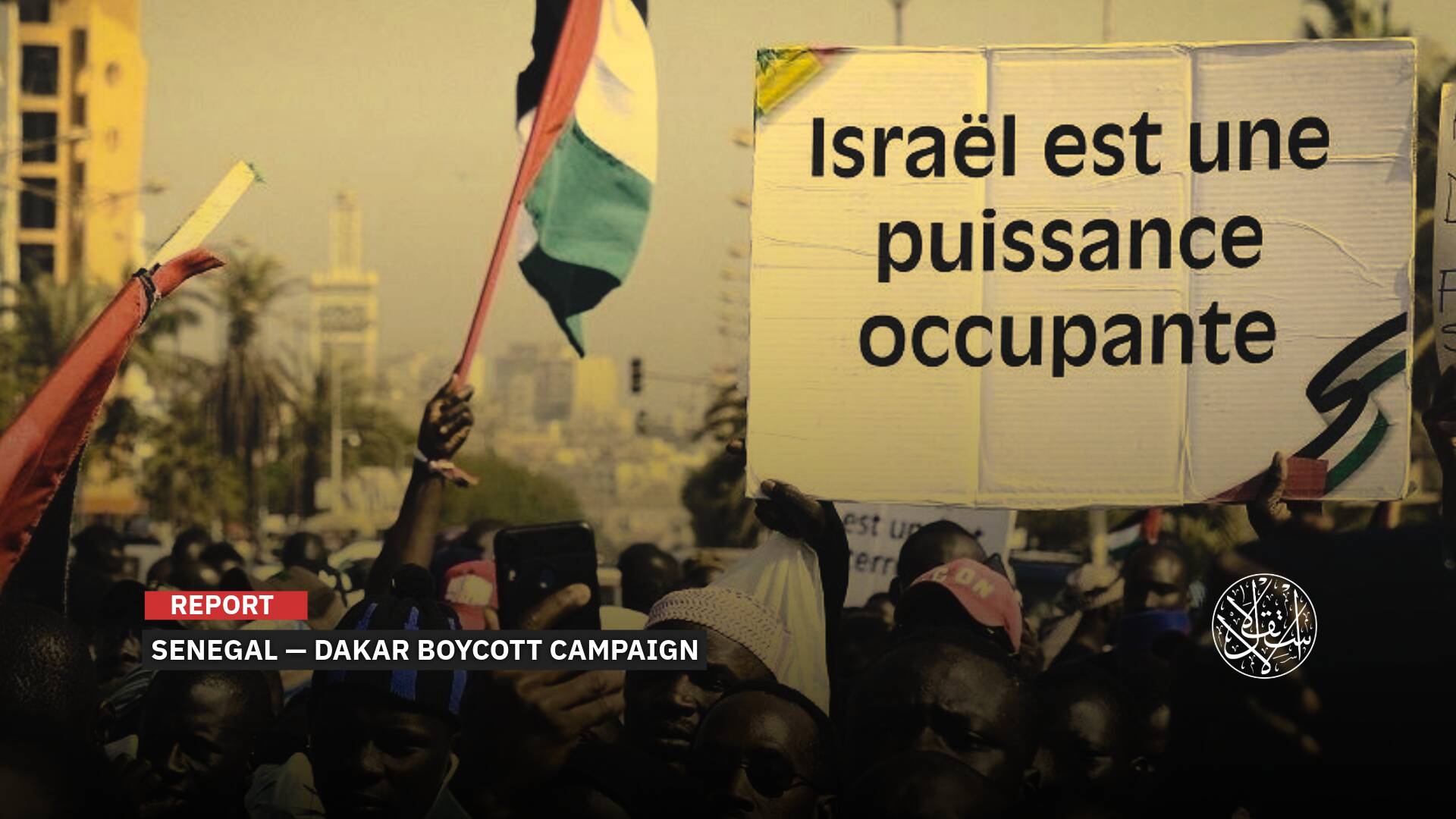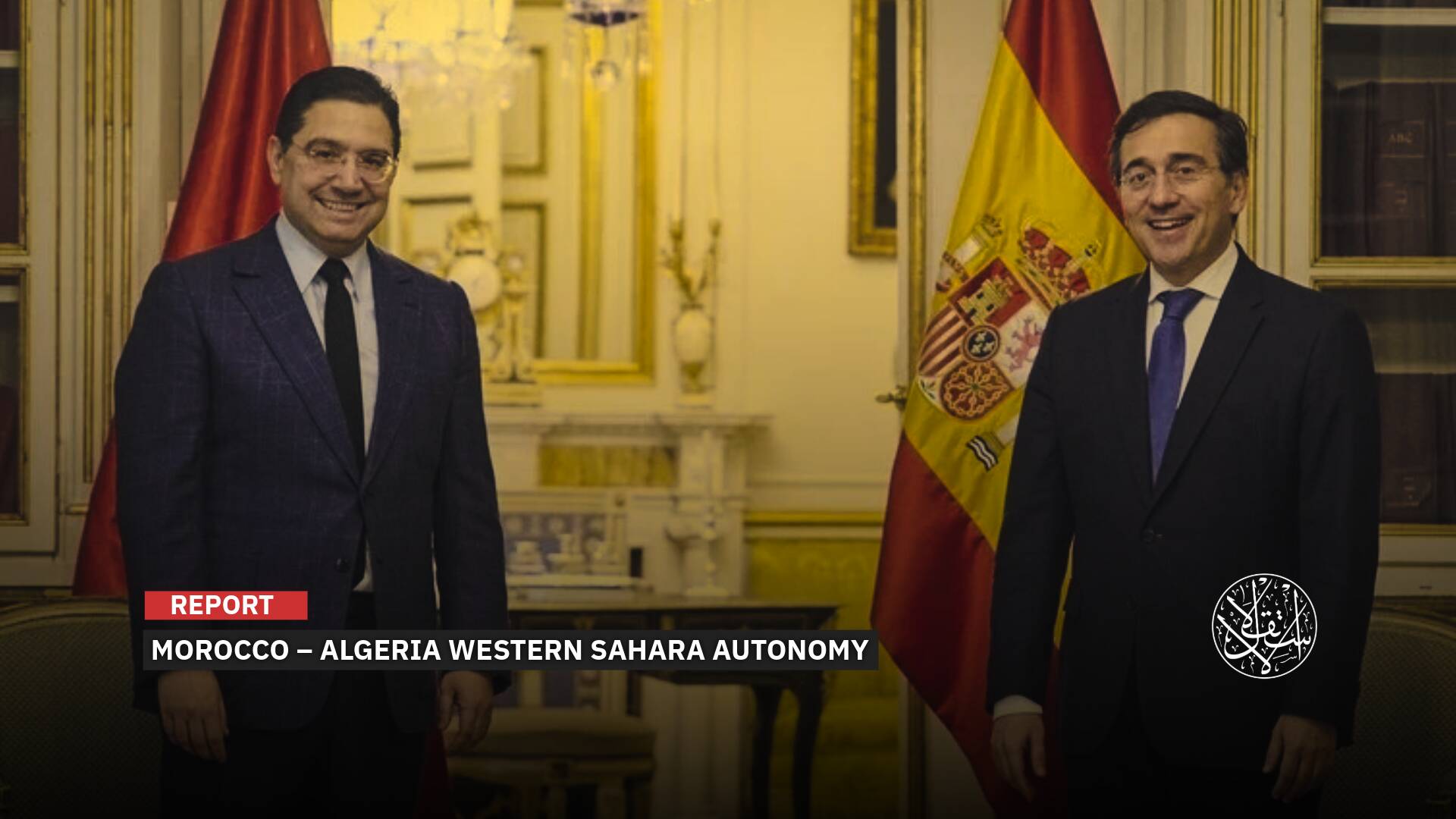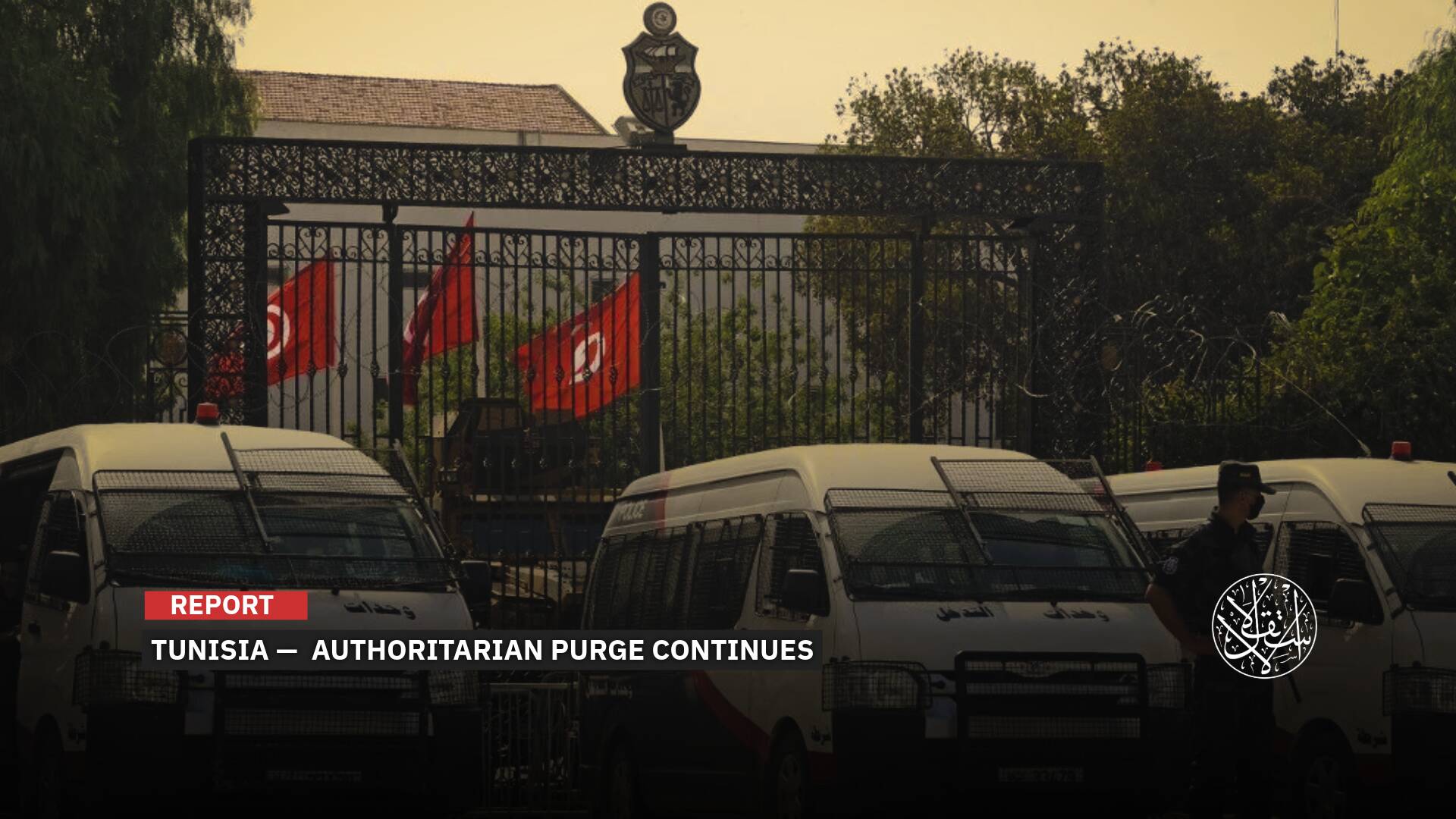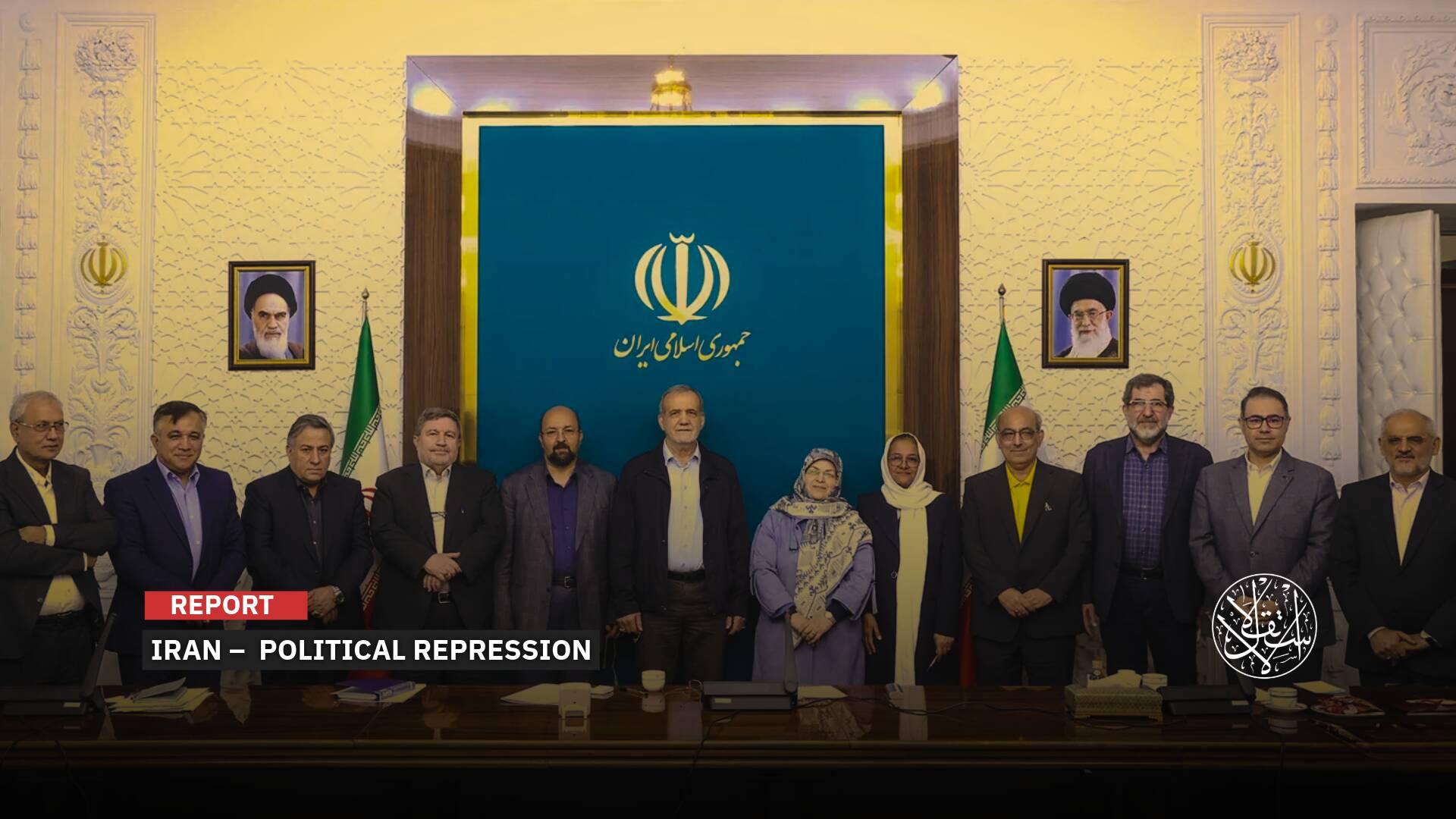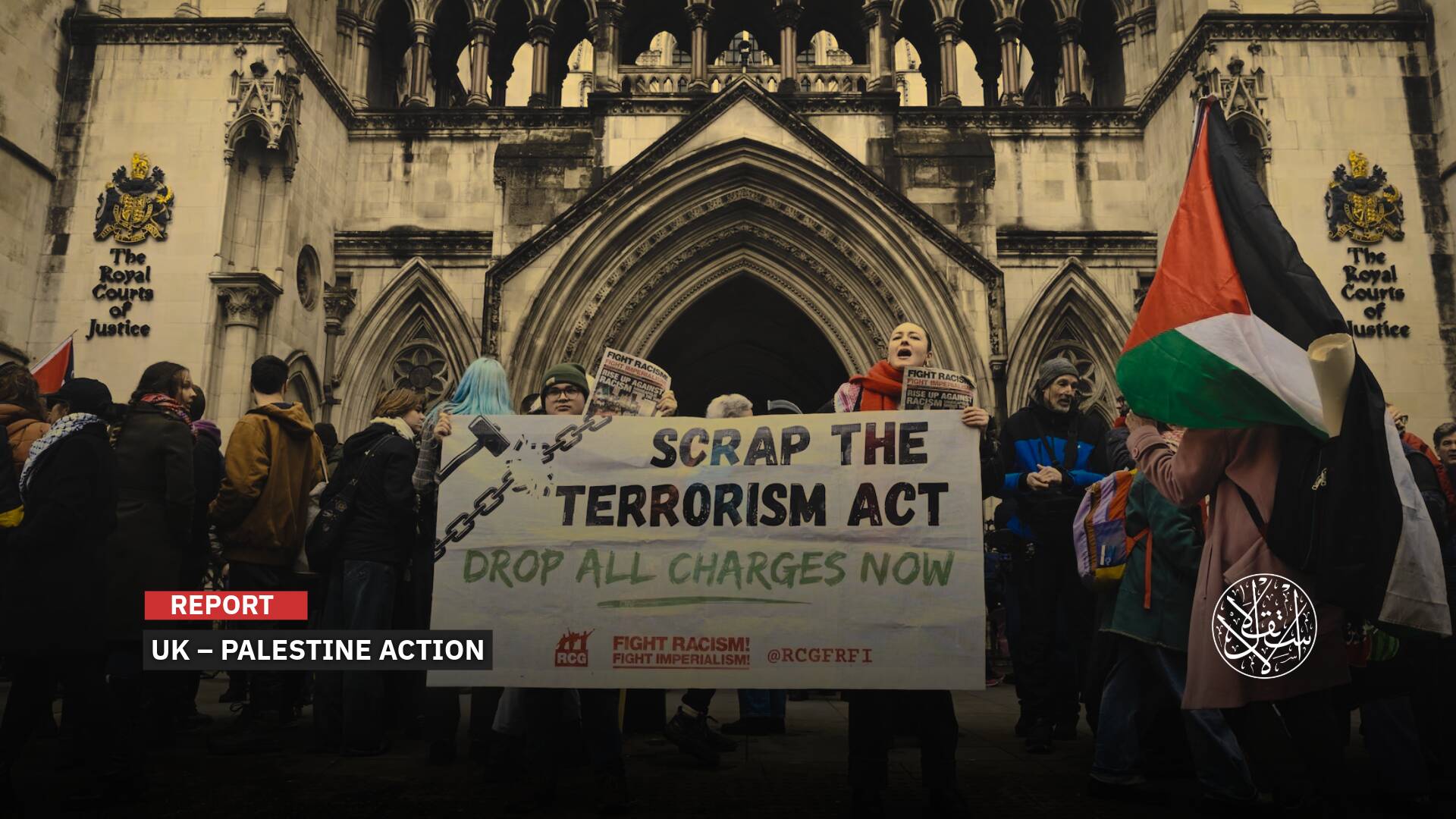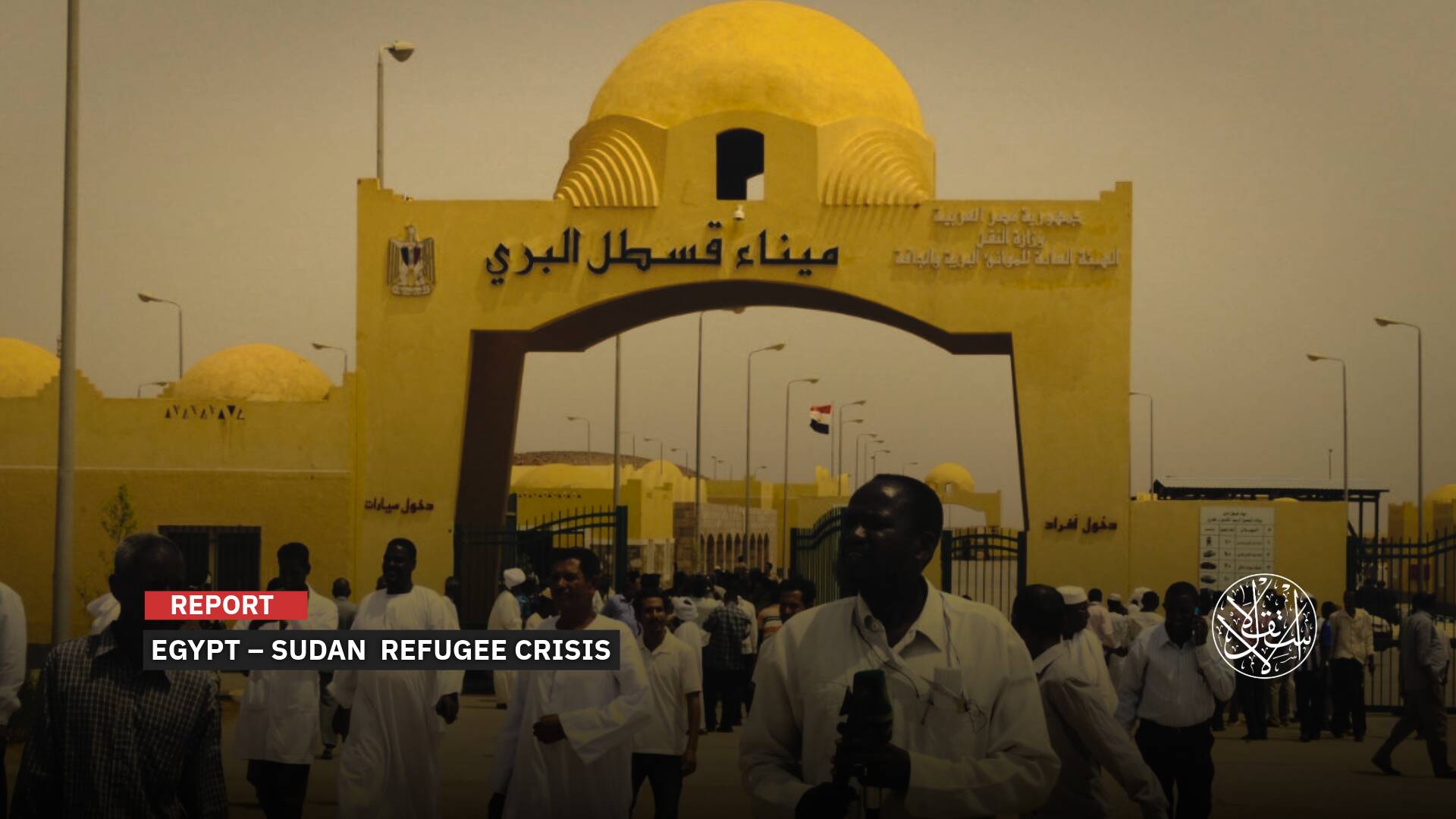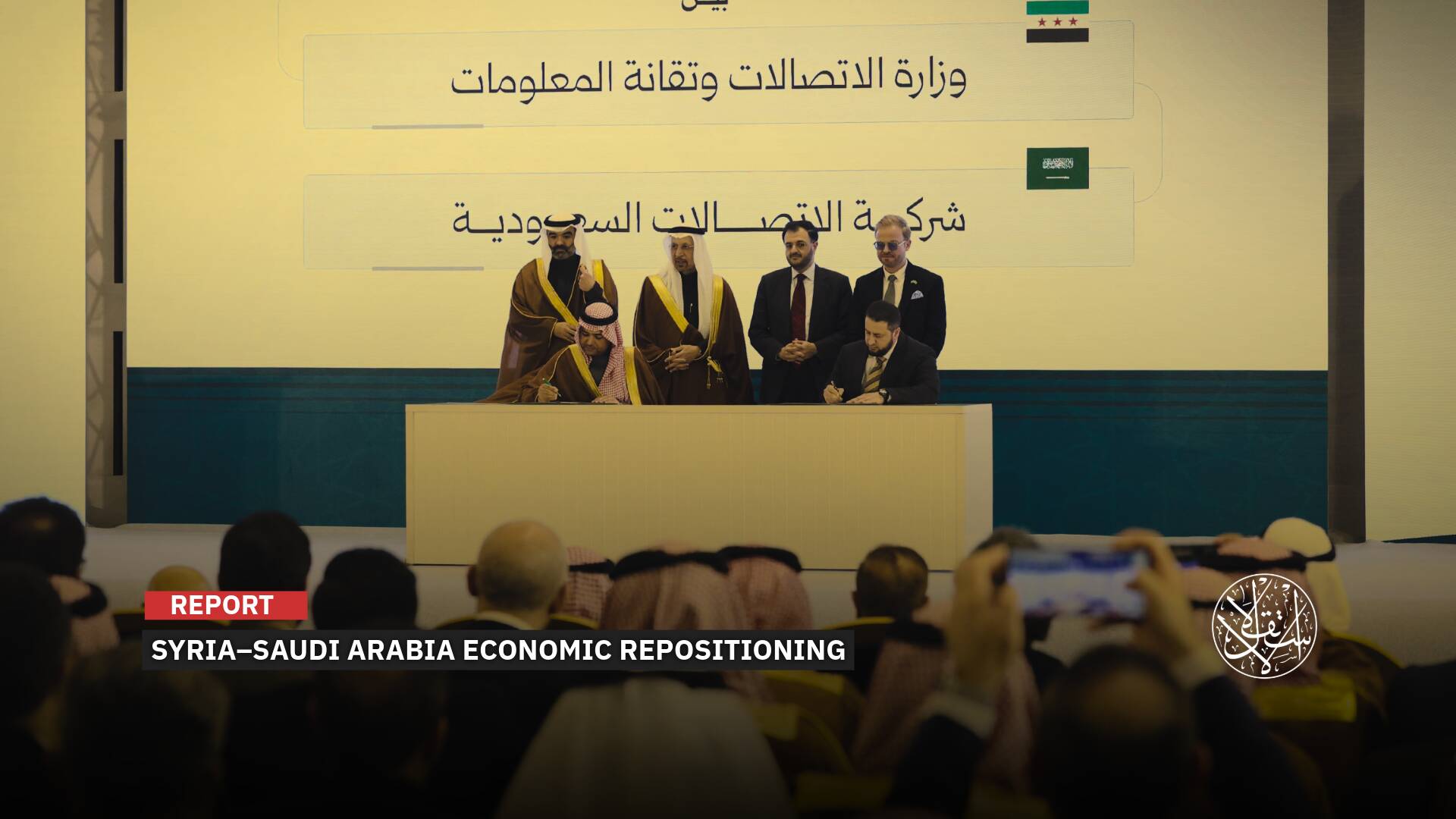Arrests and Judicial Escalation Against the Turkish Opposition: Anti-Corruption or Political Motives?

“The number of CHP mayors arrested since October 2024 has reached at least 14.”
Tensions have escalated in Turkish politics, amid ongoing arrests in several major city municipalities run by the Republican People's Party (CHP).
CHP leader Ozgur Ozel threatened President Recep Tayyip Erdogan with a call to citizens to take to the streets.
Meanwhile, Erdogan urged party officials to await the decisions of the independent judiciary regarding the fate of the detained mayors and not to be swayed by false images on social media.
These developments come amid a tense political climate ahead of the upcoming local elections, and with the widening gap between the government and the opposition, which accuses the Erdogan administration of exploiting the judiciary to weaken its rivals in major municipalities.
Reactions to this escalation vary within Turkish circles. Erdogan supporters view it as evidence of the opposition's corruption, while opposition supporters view it as political persecution and evidence of authoritarianism.
Corruption Investigations
Turkish authorities continued their crackdown on opposition figures, arresting three CHP mayors on July 5 as part of investigations into bribery, organized crime, and tender manipulation, Anadolu Agency reported.
The Istanbul Public Prosecutor's Office said it had decided to detain the mayors of Adana, Zeydan Karalar, and Adiyaman, Abdurrahman Tutdere, along with eight others, on charges of graft.
The investigation is based on the testimony of businessman Aziz Ihsan Aktas, who admitted to his involvement in running a criminal organization and paying bribes to the mayors of those municipalities in exchange for government favors.
The CHP mayor of Antalya, Muhittin Bocek, was also detained as part of a separate investigation into corruption and bribery.
In the same context, Anadolu Agency reported that the mayor of the tourist district of Manavgat and 34 others were arrested on July 4 in connection with similar corruption cases.
Ahmet Sahin, the deputy mayor of Buyukcekmece in Istanbul, was also arrested. He had been appointed interim mayor after the arrest of former mayor Hasan Akgun.
Sahin is accused of receiving money from businessmen in exchange for favors, based on testimony provided by Istanbul Sports Club president Fatih Kilic and some of the suspects.
In early July, 138 employees and officials from the municipality of Izmir, the country's third-largest city and a prominent stronghold of the CHP, were arrested, along with former mayor Tunc Soyer, on charges of corruption and tender manipulation.
On July 4, Soyer and 59 others were remanded in custody pending trial, while the rest were released under judicial supervision, a decision his lawyers described as unfair and deeply political.
On June 4, Turkish police arrested five mayors affiliated with the CHP in Istanbul and Adana, among 22 people detained as part of a corruption investigation.
On May 23, Turkish authorities arrested 44 people as part of a wide-ranging corruption investigation involving Istanbul municipal employees.
The campaign against the CHP did not stop at arrests and corruption investigations. It also extended to pressuring the party by attempting to invalidate the results of its 38th Ordinary General Congress, held on November 4 and 5, 2023, in which Ozgur Ozel was elected as party leader.
In turn, former CHP leader Kemal Kilicdaroglu confirmed his willingness to assume party leadership again—if the court so decides—sparking a wave of discontent within the party.

Real Justice
The CHP strongly denies all these accusations, insisting they are fabricated and premeditated to keep President Erdogan in power.
Analysts believe that the government's move toward opposition strongholds in major cities may be part of a preemptive strategy aimed at neutralizing the most influential figures within the CHP, in preparation for any upcoming elections.
The left-wing Peoples' Equality and Democracy Party (DEM Party) also condemned the arrests. “This persecution of elected officials must stop,” wrote Tulay Hatimogullari, co-chair of the party, on X.
Commenting on the new arrests targeting the party's municipalities, CHP leader Ozgur Ozel called for an emergency meeting of the party leadership.
“The ruling regime, which has lost popular support and fears the ballot box, is acting illegally in an attempt to salvage its influence,” he said.
He pointed out that this regime has not yet been able to provide a single piece of evidence to prove its claims or justify the arrests targeting our party, which is fully aware that it is now the leading party in Turkiye and is inevitably coming to power.
“I accept the challenge and let's go to the ballot boxes on November 2. If you don't put the ballot boxes in front of our people, I will,” Ozel added.
Meanwhile, the CHP mayor of Ankara questioned why municipalities controlled by Erdogan’s party were not subjected to the same level of judicial scrutiny as opposition politicians.
“In a system where the law is bent and twisted according to politics, where justice is applied to one group and ignored by another, no one should expect us to trust the rule of law or believe in justice,” Mansur Yavas posted on X.
Main opposition CHP Izmir MP Murat Bakan described the incident on X as a political operation, raising concerns about the independence of the Turkish judiciary.
The Turkish government, on the other hand, maintains that the cases brought against opposition figures are based purely on legal grounds and are not politically motivated.
It emphasized that the ongoing investigations relate solely to legal violations and financial corruption in several municipalities, and are unrelated to party affiliation or electoral calculations.
The Fight Against Disinformation Center (DMM), a subsidiary of the Presidency’s Directorate of Communications, said in a statement that in 2024 alone, the government greenlit an investigation into 59 municipalities run by the ruling Justice and Development Party (AKP), while this number was 58 for the CHP and 21 for the Nationalist Movement Party (MHP).
President Erdogan slammed the CHP for disinformation regarding the investigations and trying to exploit them.
Justice Minister Yilmaz Tunc condemned irresponsible accusations that directly harm the impartiality and independence of the judiciary and aim to undermine it.
Fahrettin Altun, head of the Presidency's Communications Directorate, said that describing the operation as a coup plot or conspiracy represents a clear threat to judicial independence and an attempt to discredit it.
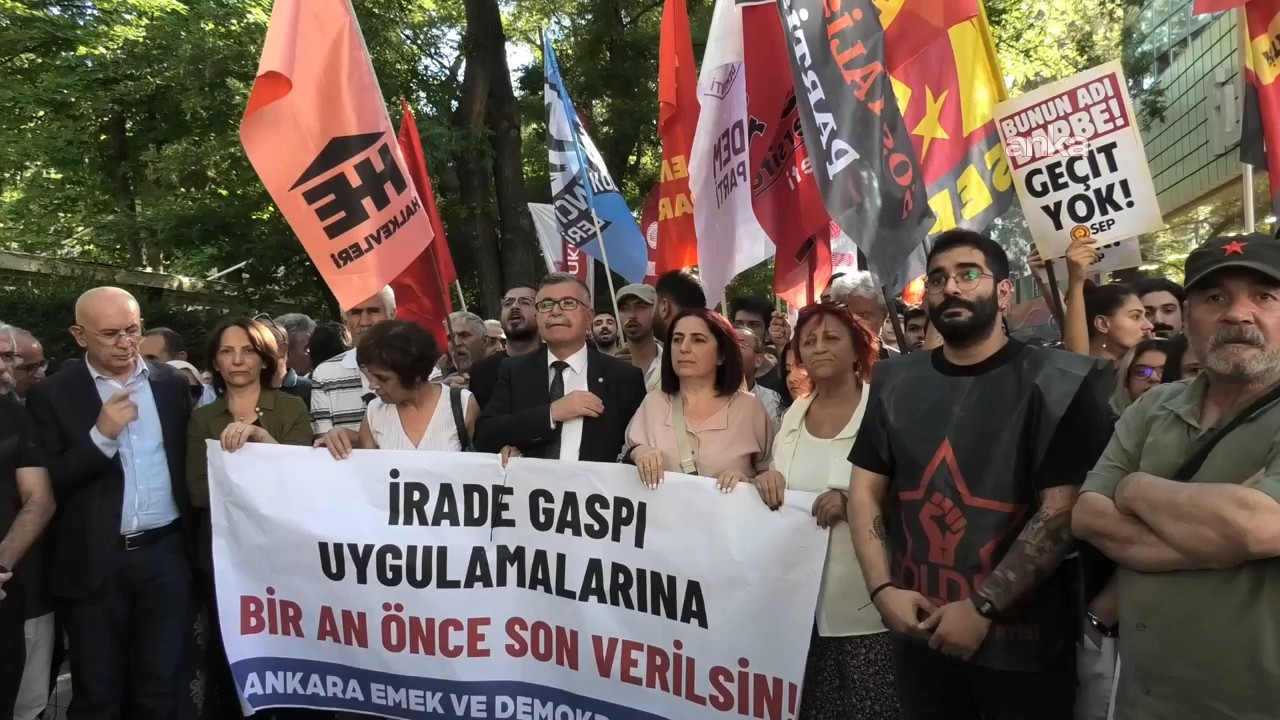
Political Pressure
This is the latest wave of arrests in a growing series of investigations targeting the CHP, as Turkish authorities intensify pressure on the party following its landslide victory over the AKP in the March 2024 local elections, winning 75% of Turkiye's municipalities.
The number of mayors detained from the party has risen to 14 since the arrest of Istanbul Mayor Ekrem Imamoglu on March 19, as part of two separate investigations into corruption and terrorism charges. The Turkish opposition has described this as a coup against the will of the people.
On March 23, Imamoglu was charged with establishing and running a criminal organization, accepting bribes, abusing influence, illegally registering personal data, and manipulating tenders. He was subsequently detained pending investigation. Imamoglu continues to deny all charges.
It is worth noting that Imamoglu’s arrest sparked the largest protests Turkiye has seen in 12 years, and these protests continue with a series of rallies organized by the CHP across Turkiye on a regular basis.
In a recent development, the Turkish Public Prosecutor's Office announced on July 4 that Imamoglu, who has been imprisoned since March 23 on corruption charges, has been indicted on a new charge.
The new charge relates to serial forgery of an official document, which comes after Istanbul University announced on March 20 that it had revoked the degree Imamoglu had previously obtained.
The prosecution has demanded a prison sentence of between two years and six months and eight years and nine months for Imamoglu, in addition to a ban on his political activity, if convicted.
The opposition believes that the Erdogan government is using this charge to discredit Imamoglu and portray him as a lawbreaker, which could affect his popularity and ability to mobilize support.
A conviction in this case could lead to his being banned from political activity, as has previously happened with other opposition figures, or could impose restrictions on his movement and activities.
It is worth noting that the CHP had officially nominated Imamoglu as its next presidential candidate following his arrest.
Although the next general elections in Turkiye are scheduled for 2028, observers do not rule out holding them sooner.

Commenting on recent events in Turkiye, Mahmoud Alloush, an international relations researcher, told Al-Estiklal that “the investigations and arrests represent a new chapter in a series of judicial measures that have affected major municipalities run by the CHP.”
He believed that combating corruption remains a legal obligation for any authority, but the timing and nature of these steps open the door to multiple political interpretations.
From his perspective, it is difficult to determine whether the matter is purely legal or purely political, noting that it appears more like a mixture of both, given the complexities of the Turkish domestic scene.
However, Mr. Alloush warned that any miscalculation in handling this issue could spark widespread public anger, calling for a balanced approach that combines combating corruption with avoiding the impression of eliminating political opponents.



